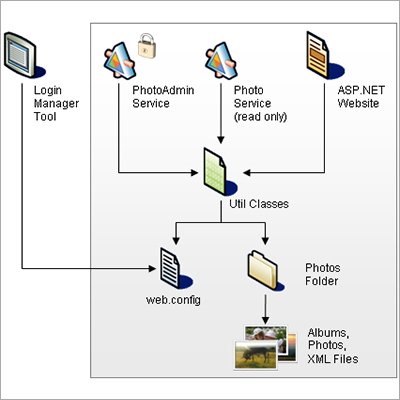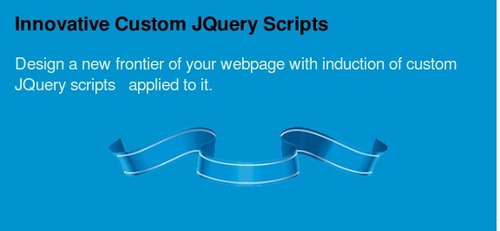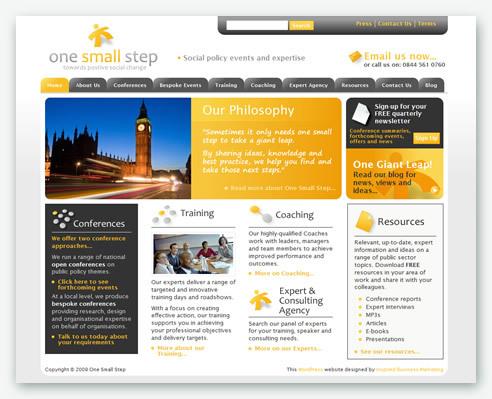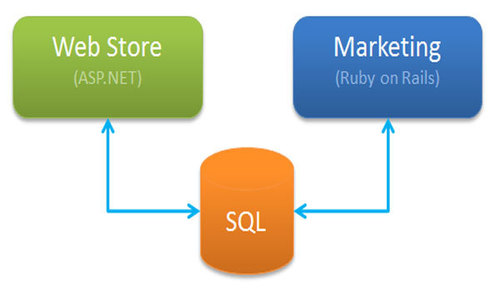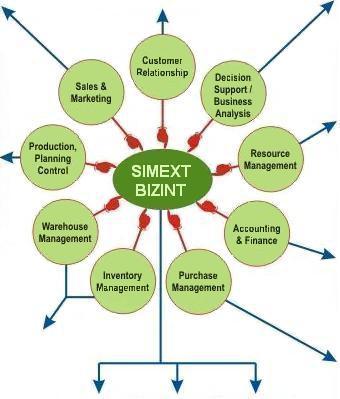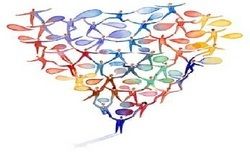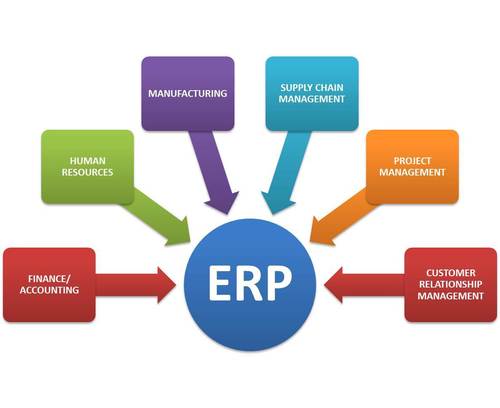
Erp-crm Solution
Price:
Get Latest Price
In Stock
Product Specifications
| Product Type | Software Solution |
| Dominant Color | Red |
| Modules | Multiple |
| Scalability | High |
| Integration | Seamless |
| Security | Robust |
| Platforms | Multiple |
| Usage | Manages business operations, including finance, HR, and CRM. |
| Deployment | Cloud/On-Premise |
| Features | Data integration, Process automation, Improved efficiency, Cost reduction, Better insights |
Product Overview
Key Features
Enterprise Resource Planning transversely consolidates entire organizations interior and exterior management information, enveloping finance/accounting, manufacturing, Customer Relationship Management, sales and services, Supply Chain Management, Human Resource Management, etc. With the objective to simplify the flow of information between the functions of inner and outer boundaries of the organization and manage the outer stakeholders connections, ERP systems automate this activity with a consolidated software application.
ERP systems with the ability to run variety of hardware and network configurations bestow a database as a repository for information.
ERP includes following characteristics:
An integrated information system.
Consistent design engineering for each module
Order tracking
Embezzlement and industrial espionage protection
Common database supporting merging all applications
Following are ERP modules:
Financial/Accounting - Ask for Details
Human resources- Ask for Details
Manufacturing- Ask for Details
Supply chain management
Supply Chain Management comprises all storage and movement of raw materials, finished goods, and work in progress inventory from the point of origin to the point of consumption. Supply chain management manages the following tasks like order to cash, inventory, order entry, purchasing, product configuration, supply chain planning, supplier scheduling, inspection of goods, claim processing, and commissions processing.
Project management
Project Management is the series of steps of planning, organizing, securing and managing resources in order to achieve pre-defined goals. A project which is temporarily endeavored with a defined beginning and end (usually time-constrained and often funding or deliverable constrained) is undertaken to achieve predefined unique goals and objectives, in order to get beneficial change and added value. Project management aligns costing, billing, time and expense management, performance units and activity management.
Customer relationship management
Customer Relationship management comprehensively executed strategy for managing a companys interactions with sales prospects, customers and clients. With technology it organizes, automates and synchronizes business processes with a core principle of sales activities, but also those for marketing, customer service and technical support. With specific objectives to find, attract and win new clients, nurture and retain those the organization already has, it entices former clients back into the fold, and reduces the costs of marketing and client service. Customer relationship management has the following advantages: Quality and efficiency decrease in overall costs, decision support, enterprise agility and also customer attention.
Company Details
Focusing on a customer-centric approach, NAVYA GLOBAL ASSOCIATES has a pan-India presence and caters to a huge consumer base throughout the country. Get Software Design from NAVYA GLOBAL ASSOCIATES at Trade India quality-assured services.
Business Type
Service Provider
Employee Count
10
Establishment
2012
Working Days
Monday To Sunday
More Product From This seller
Seller Details
Jaipur, Rajasthan
Director
Mr. Tarun Mathur
Address
G-685, Gandhi Nagar, Jaipur, Rajasthan, 302015, India
Report incorrect details


